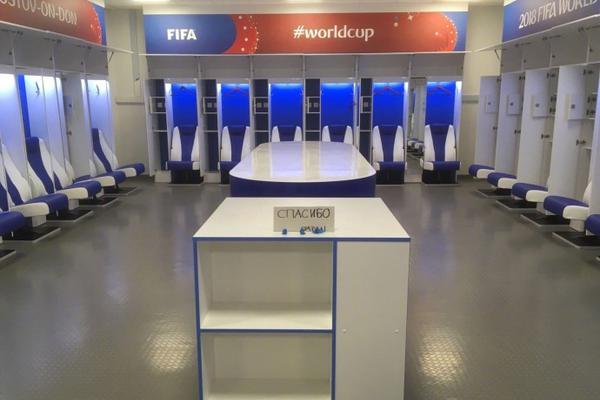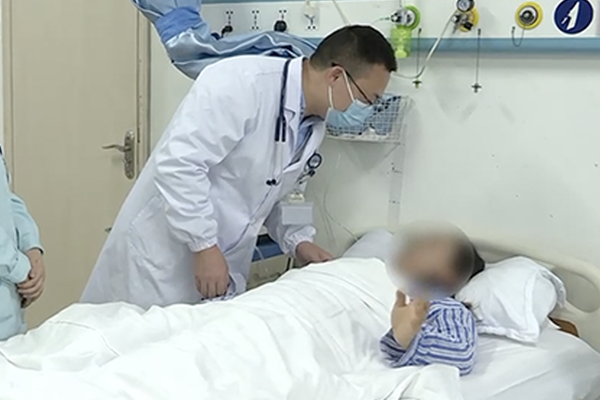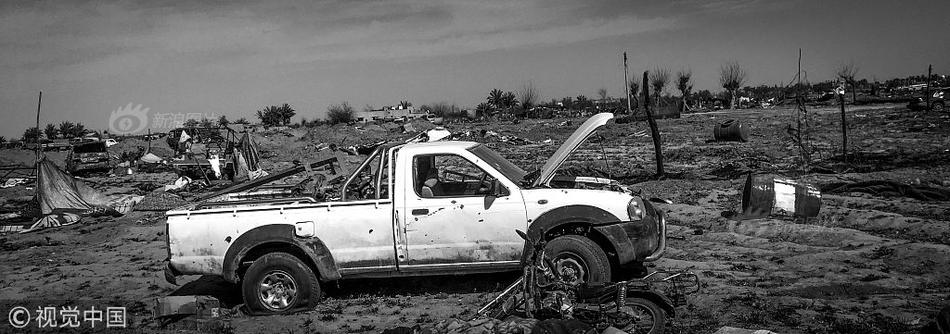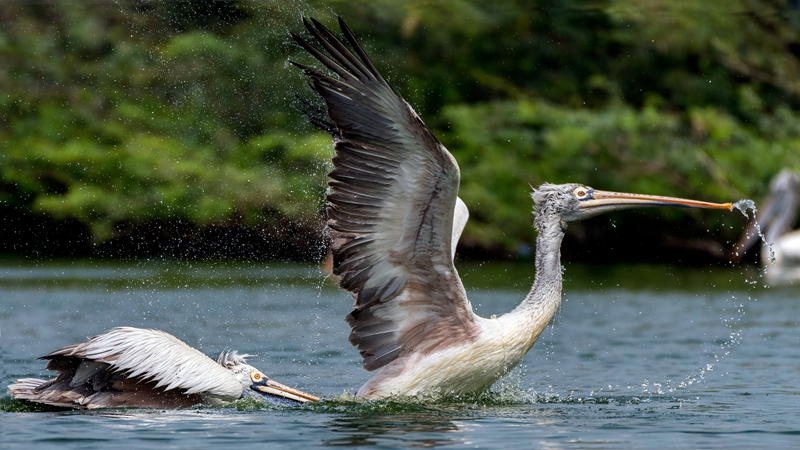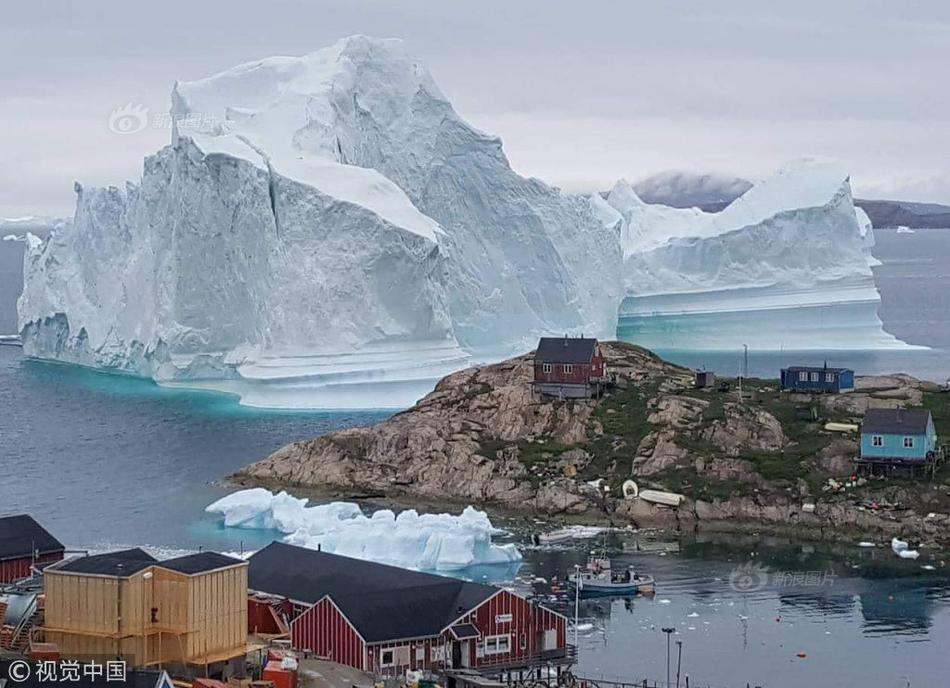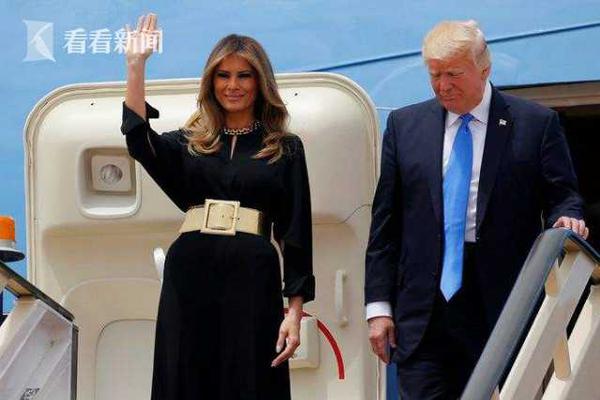If a flurry of news coverage989? ??? ??? ??to be believed, a year in space can really wreak havoc on your DNA.
According to some press reports this week, NASA astronaut Scott Kelly's DNA changed by 7 percent because of the year he spent living above the planet on the International Space Station. Kelly himself even tweeted about the idea that he's no longer identical twins with his brother and fellow astronaut Mark Kelly.
But that's not the full story.
SEE ALSO: First Astronaut on Yearlong ISS Mission Reveals Commemorative PatchKelly's base DNA didn't actually change by 7 percent during his time in space.
His gene expression -- the transcribing and translation of genes, not the genes themselves -- was what actually changed during his year on the Space Station.
This Tweet is currently unavailable. It might be loading or has been removed.
According to NASA, 93 percent of Kelly's gene expression went back to "normal" after he returned to Earth in March 2016, but it seems that about 7 percent may have been altered more permanently.
"Scott’s DNA did not fundamentally change. What researchers did observe are changes in gene expression, which is how your body reacts to your environment. This likely is within the range for humans under stress, such as mountain climbing or SCUBA diving," NASA said in an emailed statement.
"The change related to only 7 percent of the gene expression that changed during spaceflight that had not returned to preflight after six months on Earth. This change of gene expression is very minimal. We are at the beginning of our understanding of how space flight affects the molecular level of the human body. NASA and the other researchers collaborating on these studies expect to announce more comprehensive results on the twins studies this summer."
The changes that were found to be longer lasting have to do with Kelly's immune system, bone formation, his response to low-oxygen environments and other gene expressions, NASA said in a statement.
It's "not all that surprising to see that amount of change in gene expression (frankly wouldn't have been surprised if it was even higher... space flight is a radical change to a human's environment)," biologist Linda Avey, who co-founded the genetic testing company 23andMe, said via email.
"It's also not surprising that a lot of these expression levels are returning to normal as Scott recalibrates to Earth's environment," she said.
Kelly's telomeres -- the "endcaps of chromosomes that shorten" as a person ages, according to NASA -- actually lengthened in space, but they ended up getting shorter again after coming back to Earth.
This Tweet is currently unavailable. It might be loading or has been removed.
If Kelly's base DNA sequence did actually change by 7 percent, the results would be... less than ideal.
"One small change to the underlying sequence of a gene can have dramatic consequences (which can be good, if the change in the sequence brings about a positive result, ergo all the companies sprouting up to make drugs using CRISPR technology)," Avey said. "7% uncontrolled change? Disastrous."
The findings that sparked this most recent wave of publicity were preliminary results that NASA announced in January from its studies that documented biological and physiological changes in Scott Kelly by comparing him to his Earth-bound, twin brother Mark, who is also an astronaut.
The much-touted series of experiments were designed to help NASA learn more about how long-duration spaceflight can change the human body as the space agency prepares to send people to the moon and Mars in the coming decades. Such trips would require long trips in space, exposing the human body to potentially unknown hazards.
"The real story is...what genes aren't shifting back to 'normal' expression levels?" Avey said. "This could point to longer term effects of space travel."
Via GiphyThe piece of the study getting the most attention right now was conducted by Chris Mason's team at Weill Cornell Medicine.
That study focused on how Kelly's genes changed while in space, comparing it to Mark Kelly's gene expression on the ground. Mason's team reportedly found "space genes" that were changed due to the stresses of Scott Kelly's time in orbit.
"Whole-genome sequencing showed each twin has hundreds of unique mutations in their genome, more than expected, and some were found only after spaceflight, circulating in the blood as 'cell-free DNA,'" NASA said in a statement.
That "cell-free DNA" can be produced because of stress, NASA said, which, when you think about it, makes sense.
Scott Kelly probably dealt with a lot of stress during his time in space, and Mark Kelly probably had to deal with quite a bit of stress even back on Earth, probably accounting for why both twins had those mutations.
This doesn't mean that the Kelly brothers aren't identical twins, however.
The truth is, identical twins don't necessarily have identical DNA, even if that may sound hard to believe.
"They are still identical twins. If a study were done of identical twins where one ISN'T spending time in space, we'd still see differences in expression levels and telomere length," Avey said.
"Identical twins don't live identical lives."
Featured Video For You
Astronauts finally brought a fidget spinner to space




